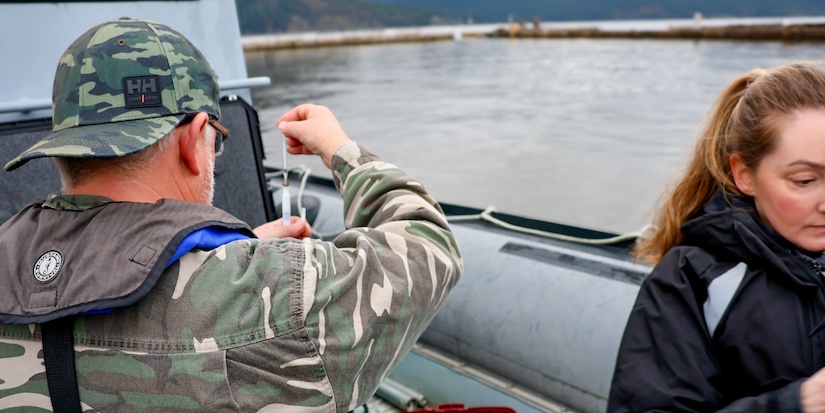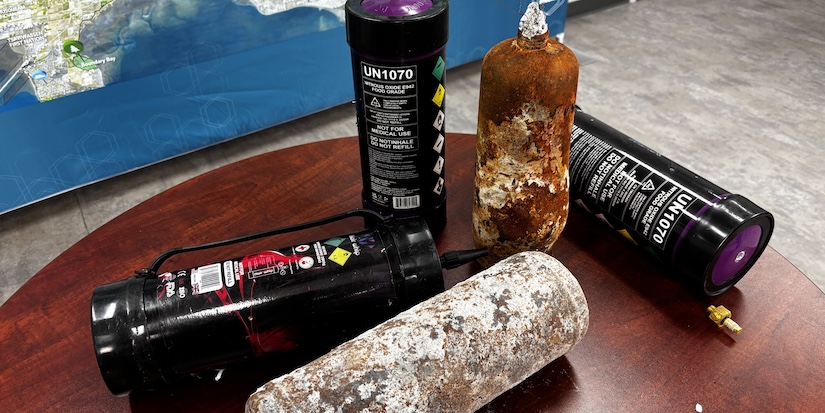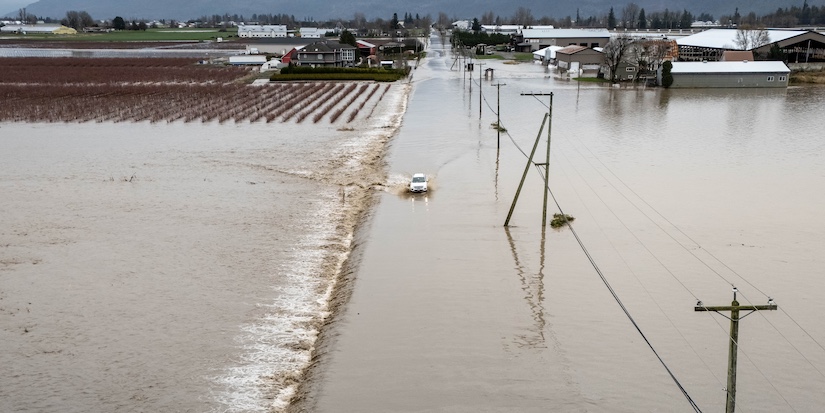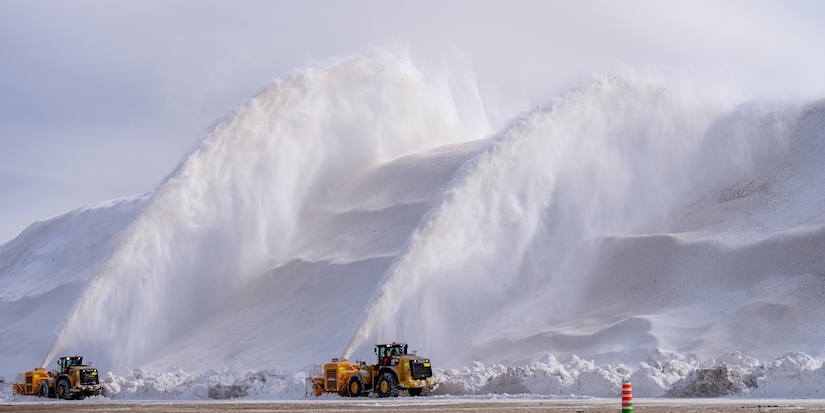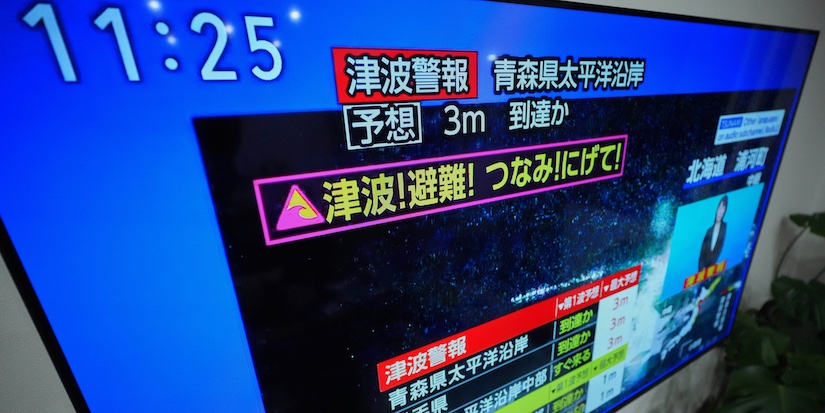Latest News
Marine pollution beneath the ocean’s surface

—
In Richmond, there are ongoing efforts to reduce ocean pollution through initiatives such as the Great Canadian Shoreline Cleanup and the Vancouver Fraser Port Authority’s five-year project to remove derelict boats and structures from the Fraser River. However, there hasn't been as much focus on pollution beneath the surface—such as abandoned, lost and discarded fishing gear (ALDFG or “ghost gear”), which poses a significant threat to our maritime environment.
A 2009 UN report indicates that 640,000 tonnes of fishing gear is lost in the ocean annually, and recent research suggests this number could be much higher today. Studies also suggest that 46 to 70 per cent of the floating microplastic in certain areas of our ocean could be lost fishing gear—it becomes the most harmful form of marine debris, yet still relatively little understood, largely because the majority of it remains beneath the surface where it is often difficult to find.
Of course, no fisher ever wants to lose gear, but occasionally extreme weather, snags beneath the surface, or conflict with other gear can cause unavoidable gear loss. Once lost, it can continue to catch harvestable fish stocks and other marine life for up to 600 years. On Canada’s West Coast, seal and sea lion populations are the most impacted, though the true extent of the effect on local fish stocks is currently unknown.
Fortunately, the Canadian government has recognized the issue and joined the Global Ghost Gear Initiative (GGGI)—the world’s largest cross-sectoral alliance dedicated to solving the problem of ghost gear through collaboration with other NGOs, academia, private sector, governments and the fishing industry. Earlier this year, Canada committed $8.3 million in funding to address ALDFG in Canada—a major step forward in addressing this critical but still little-known issue.
I’m very proud to see that GGGI member Steveston Harbour Authority (SHA) continue with their Fishing Net Recycling Program to provide fishers a viable solution for their end-of-life gear, which otherwise typically ends up in a landfill. Through this program, SHA collects fishing nets from across the province at no cost to net owners and sells them to a facility in Richmond that recycles the nets into plastic pellets for use in factories.
Another GGGI member, B.C.-based non-profit Emerald Sea Protection Society, performs survey work and recovers ghost gear and other marine debris along the B.C. coast.
Protecting our oceans requires everyone’ support, including doing the simple things like educating others about the ghost gear problem and SHA’s fishing nets recycling program. Together, we can protect the marine environment that has been so important to the health and legacy of our community.
Joel Baziuk is the deputy director of the Global Ghost Gear Initiative.













